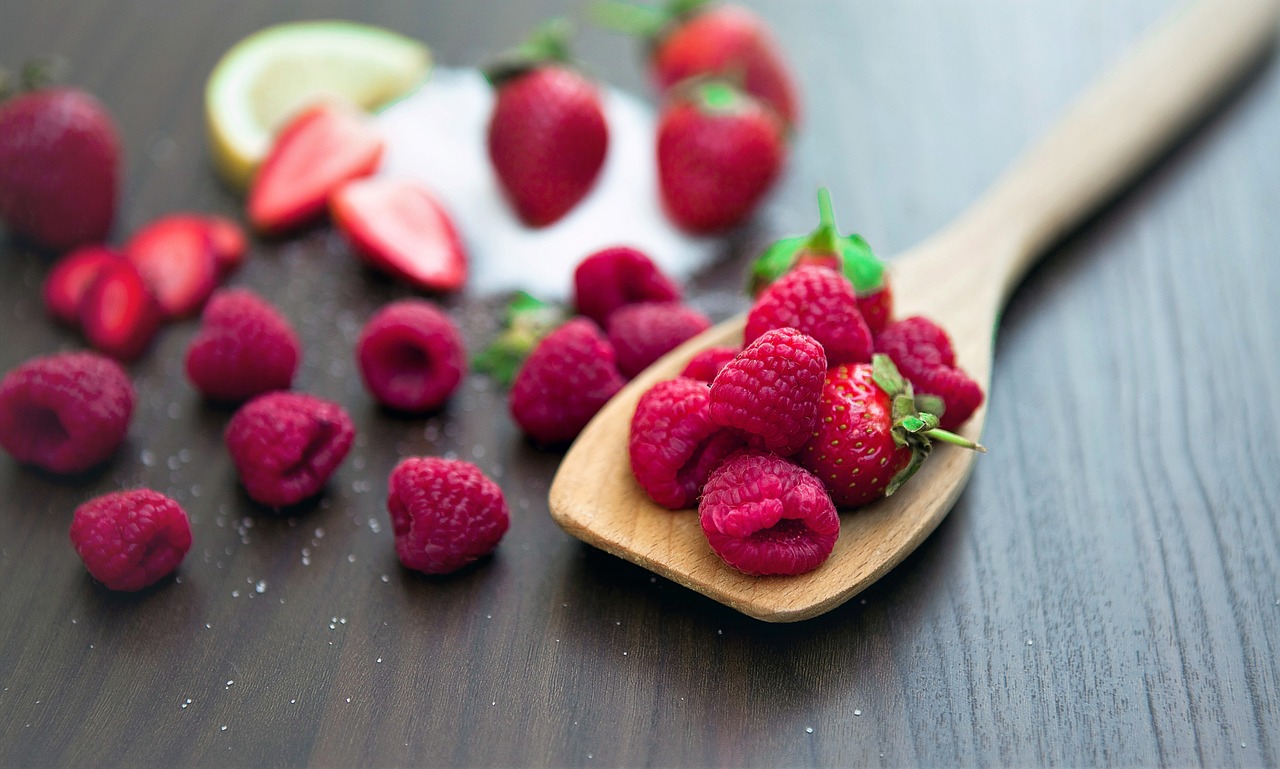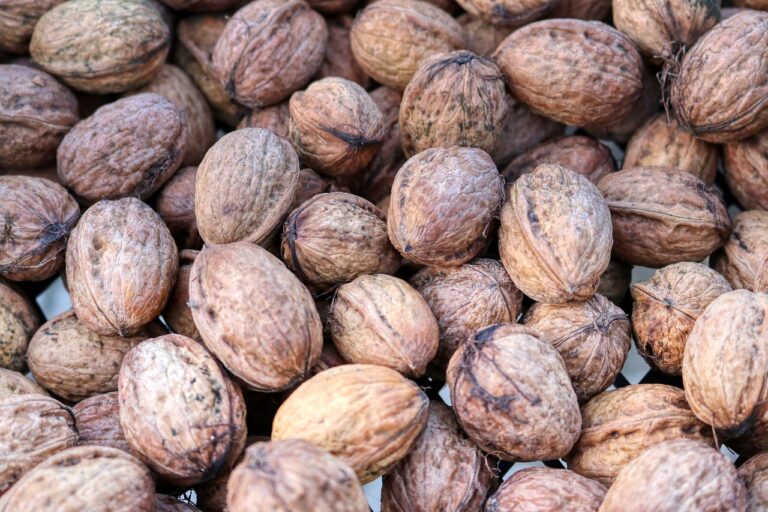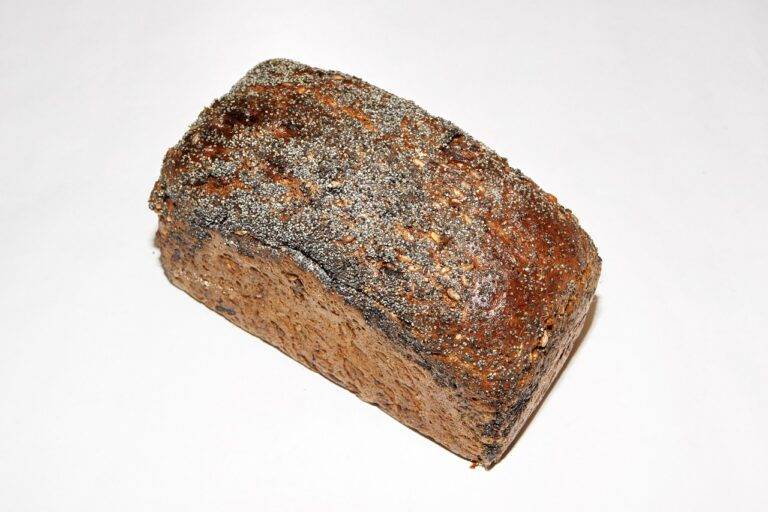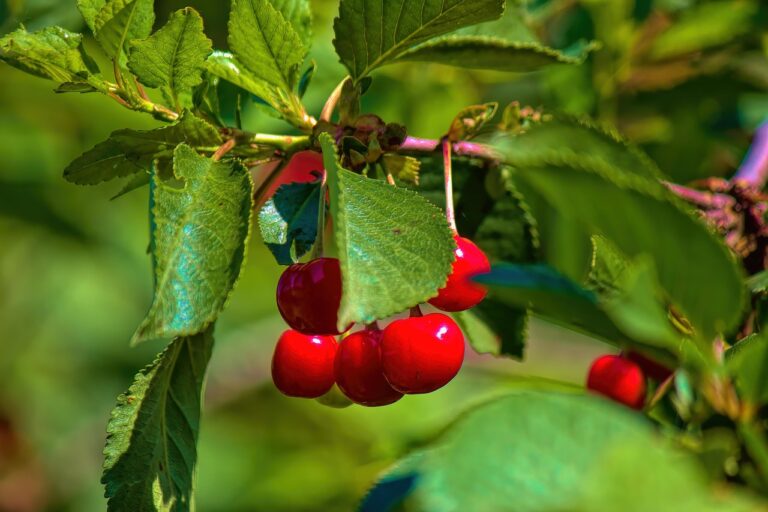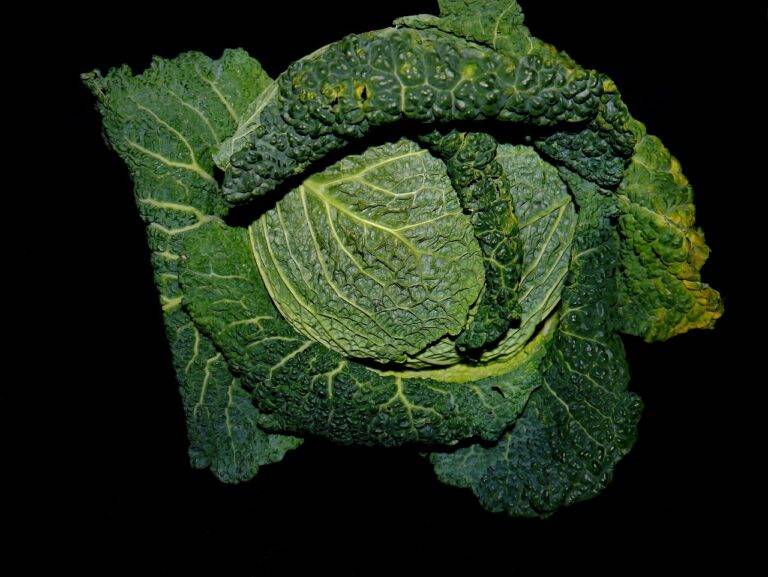The Surprising Health Benefits of Traditional Fermented Beverages
Fermented beverages have a rich historical background dating back centuries. Throughout various cultures and civilizations, people have utilized fermentation as a method to preserve and enhance the nutritional properties of beverages. The process of fermentation was discovered accidentally by our ancestors, leading to the creation of diverse traditional fermented drinks that are still enjoyed today.
Different regions across the world have their unique traditional fermented beverages, each with its own distinct flavors and ingredients. From Korean kimchi juice to Mexican pulque, fermented beverages have played a significant role in cultural practices and social gatherings. These ancient concoctions have been passed down through generations, showcasing the importance of fermentation in the culinary heritage of many societies.
The Process of Fermentation
Fermentation is a natural process that transforms raw ingredients into various fermented beverages. It involves the breakdown of sugars by microorganisms such as yeast and bacteria, resulting in the production of alcohol, carbon dioxide, and organic acids. During fermentation, these microorganisms consume the sugars present in the ingredients and produce byproducts that give the beverages their unique flavors and characteristics.
The process of fermentation typically begins with the preparation of a fermentation vessel and the addition of the raw ingredients. These ingredients can include fruits, grains, or other sources of sugars that act as food for the microorganisms. The fermentation vessel is then sealed to create an anaerobic environment, allowing the microorganisms to thrive and carry out the fermentation process. Throughout this process, the microorganisms release enzymes that break down the sugars into alcohol and other compounds, ultimately resulting in the creation of a flavorful and often fizzy fermented beverage.
The Role of Probiotics in Fermented Beverages
Probiotics are live bacteria and yeasts that are beneficial to our health, particularly when they are consumed in adequate amounts. These microorganisms play a crucial role in fermented beverages by promoting gut health and supporting digestion. Through the fermentation process, probiotics help enhance the bioavailability of essential nutrients, such as vitamins and minerals, in these beverages.
Furthermore, probiotics in fermented beverages can aid in balancing the gut microbiota, which in turn can positively impact overall immune function and may even contribute to mental well-being. The consumption of probiotic-rich fermented beverages has been linked to a range of potential health benefits, including improved digestion, reduced inflammation, and enhanced absorption of nutrients. As such, incorporating these beverages into one’s diet can be a delicious and natural way to support gut health and overall well-being.
What are probiotics?
Probiotics are live bacteria and yeasts that are good for your health, especially your digestive system. They are often referred to as “good” or “friendly” bacteria.
How do probiotics benefit our health?
Probiotics can help maintain a healthy balance of gut bacteria, improve digestion, boost the immune system, and even contribute to mental health.
Are all fermented beverages good sources of probiotics?
Not all fermented beverages contain probiotics. To ensure you are getting probiotics from your beverage, look for products that have been fermented using live cultures.
Can probiotics survive the fermentation process?
Yes, many probiotics are able to survive the fermentation process and remain alive in the final product.
Are there any side effects of consuming probiotics?
While probiotics are generally safe for most people, some individuals may experience mild digestive issues when first starting to consume them. It is always best to consult with a healthcare professional before adding probiotics to your diet.

